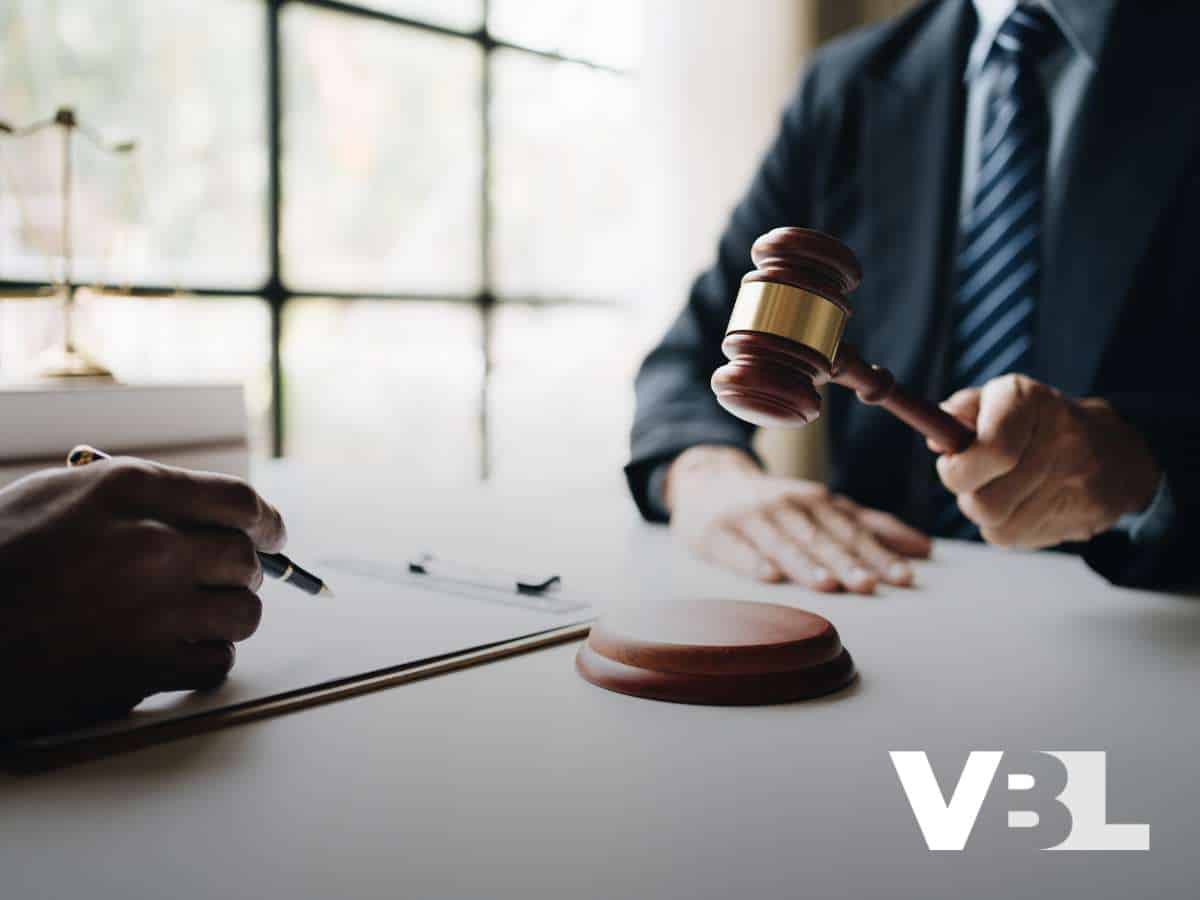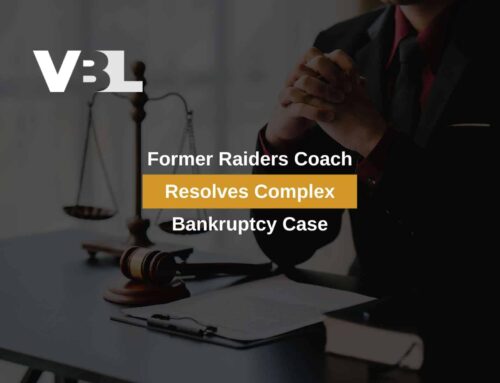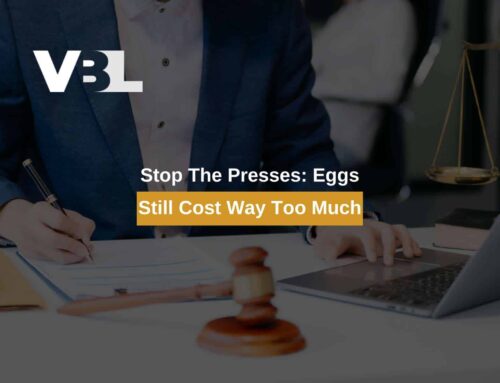What Does 23AndMe’s Demise Mean For Customers’ Private Information?
When you think of at-home DNA testing, the first company you probably think of is 23AndMe. 23AndMe paved the way for other genetic testing companies, and became a household name by allowing people to have their DNA tested for a variety of purposes. Whether you want to know if you’re part Neanderthal, or if your family’s jokes about the milkman being your father are true, 23AndMe has been providing a convenient way to get these questions answered since its start in 2006. When it went public in 2021, the company was valued at $3.5 billion. But interest rates began to rise and funding and sales began to fall. By 2023, the company was operating at a net loss, and had a share value of less than $1 in September of that year. All of its board members disagreed about the direction CEO Anne Wojcicki was taking the company. Shortly after, in October 2023, approximately 7 million customers’ data was compromised due to efforts by hackers. In July 2024, Wojcicki submitted a proposal to take the company private that was ultimately rejected. The directors rejected the proposal because it did not provide a 40 cent/share premium on the closing price. Frustrated with Wojcicki’s decisions, 23AndMe’s independent directors all resigned in September 2024. To remain listed on the Nasdaq, 23AndMe must find new board members and get its share price back above $1 by November 4, 2024.
When a company is under these types of conditions, it often means that a bankruptcy filing is imminent. When a company files for bankruptcy, it can end up being required to do certain things to resolve debts, such as selling stock and inventory. When Hertz rental car service filed for bankruptcy, it sold a large fleet of used cars to raise funds to pay debts. Could a similar thing happen with customers’ DNA information should 23AndMe declare bankruptcy? The company’s user agreement gives 23AndMe authority to keep customer DNA information for as long as necessary. While 23AndMe maintains that its customer information is kept anonymous, some experts expect that it will be sold to advertisers and researchers after the bankruptcy is filed.
Does hearing news of major companies considering bankruptcy have you considering this powerful form of debt relief as well? Learn more about your options with your free consultation- call 702-370-0155 to get started today.

Who Will Know If I File For Bankruptcy?
In this day and era, protecting private information is more important than ever. If you’re one of the 7 million people whose information may have been leaked due to the 23AndMe hacking incident, you are probably even more concerned about how information about you is out there. Bankruptcy filings are public information, so anyone can see that you filed if they spend time perusing the bankruptcy dockets or search specifically for your name. It is more likely that someone will find out about your bankruptcy filing because they heard it from you, or heard it from someone else that you told. If you want your bankruptcy filing to remain private, tell as few people as possible. Even trusted friends and relatives may casually let news of a bankruptcy filing slip in passing, which can happen again and again until your bankruptcy is widespread news. If you do choose to tell anyone, make it clear that you do not want anyone gossiping about your case.
Some people will inevitably learn of your bankruptcy filing due to their role in the case. Your creditors will be notified of your filing through your creditor mailing matrix. They need to be notified so they can decide if they are going to fight their debts being discharged and so they can comply with the automatic stay. If you have co-signers on any of your loans, they will need to be notified when you file for bankruptcy. You filing for bankruptcy could mean that they are now liable for a bill which you previously paid. There is an option to omit your landlord from your creditor mailing matrix, but only if you are going to retain your lease and keep up with rent payments. If you have additional concerns about who may know about your potential bankruptcy filing, discuss your situation with an Arizona bankruptcy professional today by calling 702-370-0155.
Credit Implications For Bankruptcy Filings
If you file for bankruptcy, your bankruptcy filing will appear on your credit and could become a topic of discussion during future financial applications. Therefore, it is important to understand the short-term and long-term implications for your credit if you do decide to declare bankruptcy. Filing for bankruptcy stays on your credit report for a certain number of years- 7 for chapter 13 and 10 for chapter 7. But if you rebuild your credit and show that you have turned around the situation that caused you to file for bankruptcy, it won’t mean automatic rejection when you apply to purchase a car, home, etc. Most bankruptcy debtors must wait 2 years before they will be eligible for a home mortgage, although this can be reduced under certain circumstances. Credit cards will be lost upon filing for bankruptcy, but most debtors are flooded with new offers once their cases are discharged. Some bankruptcy debtors are able to purchase a new vehicle and other financed assets even sooner than discharge. So while a bankruptcy on your credit report definitely won’t make the approval process easier, it won’t stop you from making the financial moves you may need to make after your bankruptcy is complete.
Filing for bankruptcy might not actually result in a huge drop in your credit score. If someone is far behind on their bills and have debts in default, a bankruptcy filing can clear them and relieve some of the pressure on that person’s credit. This could even out the negative effect of filing for bankruptcy, or even result in a small boost to their credit score. Someone who has stayed up-to-date on their bills before declaring bankruptcy might see more of a decrease in score. Some of the steps a debtor can take to repair their credit after bankruptcy include:
- Opening a secured credit card: Many banks and financial institutions offer secured credit cards, or prepaid credit cards that can contribute to a stable credit history without the risks of traditional credit cards.
- Exercising caution with new credit cards and other lines of credit: The last thing you want to do right after clearing debts with bankruptcy is work up a balance you can’t afford to pay- you won’t be eligible to discharge debts with bankruptcy again for a certain number of years after filing. Be careful when reading the terms of new credit cards, and do your best to pay the balance in full each month.
- Monitor your credit regularly after your case has been discharged: All of your eligible debts should be cleared from your credit report, but it’s best to check your credit report to be sure. If there are debts mistakenly left on your credit report, this way you will be able to catch them quicker to have them removed.
- Look for new opportunities for credit reporting: You probably already know that your credit card, auto loan, and home mortgage payments can all contribute to your credit score. Other monthly expenses like rent, home internet services, your cell phone bill, streaming services, and more can include the option for credit reporting to help you rebuild your credit.
Skilled Phoenix Bankruptcy Representation For Your Unique Situation
Every bankruptcy case is different, but representing hundreds of clients throughout Las Vegas gives our team of bankruptcy attorneys special knowledge that we can put to work for you. If you need help deciding if and when to file for bankruptcy, as well as which chapter is best for you, the best place to get started is with a free consultation. Our office offers free consultations by phone so you can decide if bankruptcy is right for you at home. Looking for Las Vegas and Henderson’s top choice in bankruptcy representation offering Zero Down payment plan options? Call 702-370-0155 to schedule your free consultation today.

Las Vegas Bankruptcy Lawyers
LAS VEGAS
7251 W Lake Mead BLVD #300
Las Vegas, NV89128
Office: 702-879-2499
Email: [email protected]
HENDERSON
1489 W Warm Springs Rd. Ste 110
Henderson, NV 89014
Email: [email protected]
Additional Information at:
Phoenix Bankruptcy Lawyer
Phoenix DUI Lawyer
Chandler Bankruptcy Lawyer
Vegas Zero Down Bankruptcy Attorney
Gilbert Bankruptcy Lawyers
Arizona Zero Down DUI
AZ Bankruptcy Lawyer
















